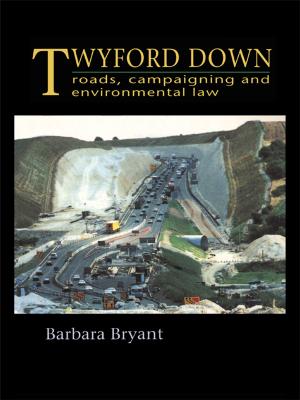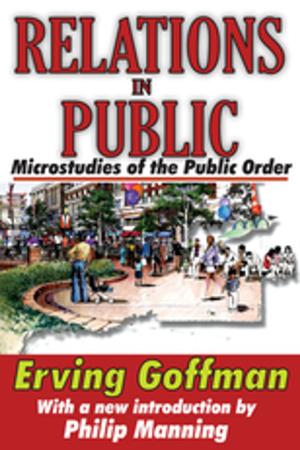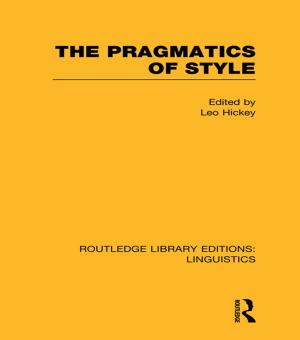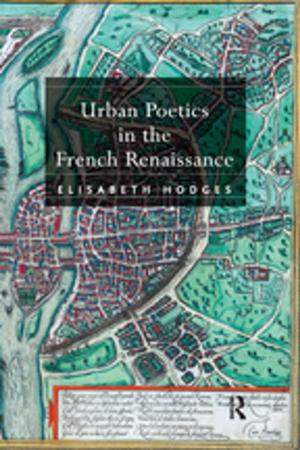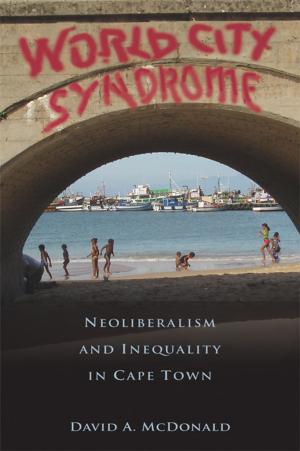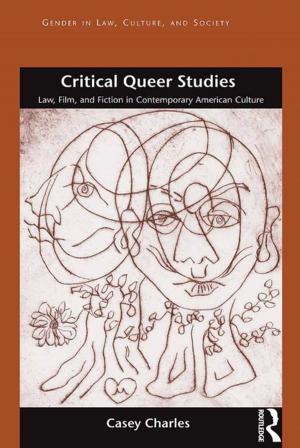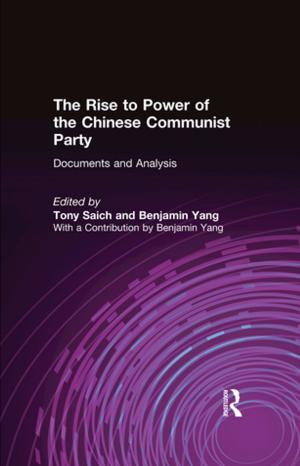Varieties of the Gaming Experience
Nonfiction, Sports, Reference, Social & Cultural Studies, Social Science, Sociology| Author: | ISBN: | 9781351296106 | |
| Publisher: | Taylor and Francis | Publication: | September 8, 2017 |
| Imprint: | Routledge | Language: | English |
| Author: | |
| ISBN: | 9781351296106 |
| Publisher: | Taylor and Francis |
| Publication: | September 8, 2017 |
| Imprint: | Routledge |
| Language: | English |
The games that human societies devised over the centuries can be considered one of the most comprehensive and fertile symbolic systems ever created by human ingenuity. In all societies, members feel compelled to interact and communicate with each other as much as possible. As linguistic creatures, humans use language to establish social and interpersonal contacts. Games are a device to enable such connections.
Robert Perinbanayagam examines how players value games. He assesses games as systems that embody metaphysics and pragmatic action. He then examines various religious ideas and how participants reference respective approaches to game playing.
Perinbanayagam argues that games are forms of activity in which the human agent as an actor engages with others in various interactional situations. Such engagement creates dramas in which agents assume identities, give play to emotions and enrich their selves. He also examines the issue of game writing, particularly how selected writers have used game structures as narrative devices in their work.
The games that human societies devised over the centuries can be considered one of the most comprehensive and fertile symbolic systems ever created by human ingenuity. In all societies, members feel compelled to interact and communicate with each other as much as possible. As linguistic creatures, humans use language to establish social and interpersonal contacts. Games are a device to enable such connections.
Robert Perinbanayagam examines how players value games. He assesses games as systems that embody metaphysics and pragmatic action. He then examines various religious ideas and how participants reference respective approaches to game playing.
Perinbanayagam argues that games are forms of activity in which the human agent as an actor engages with others in various interactional situations. Such engagement creates dramas in which agents assume identities, give play to emotions and enrich their selves. He also examines the issue of game writing, particularly how selected writers have used game structures as narrative devices in their work.


